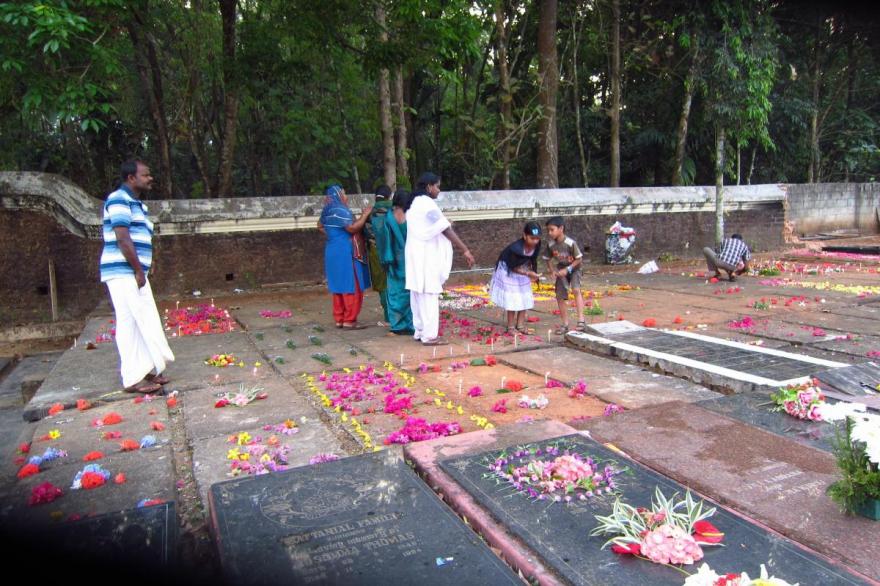

Evidence from a national confidential enquiry into screening for beta thalassaemia indicates, for example, that medical practitioners think there is no point in offering prenatal diagnosis to Muslim patients because Islam unconditionally forbids termination of pregnancy. 1 Such stereotyping can sometimes adversely influence access to healthcare. Qualitative studies document this tendency for UK health care professionals to stereotype the situations of patients of ethnic minority backgrounds in terms of religion and culture, as if a non-UK ethnic heritage denotes a homogeneous, static entity of religion, culture and tradition. In one case the patient countered by stating his view was ‘personal, not religious’. I had heard similar statements on a number of occasions during my observations of clinical encounters between health professionals and Pakistani Muslims patients. Later that day, I found myself pondering the nurse's gloss of the incident as ‘religious beliefs up against Western medicine’. After Samina left the hospital, the genetic counsellor who had also been present during the consultation commented to me that Samina's desire for an early Caesarian section was ‘a question of religious beliefs up against Western medicine’.

Samina's consultant explained that in this pregnancy there was no medical justification for keeping Samina in hospital or for a surgical delivery all indications were that this would continue to be a normal pregnancy and result in a normal delivery. She also wanted an early surgical delivery ‘to get the baby out early, while it is still breathing, so I can make sure my father will be there to give azān, in case the baby stops breathing.’ The azān refers to the words of the Qalma (Muslim confession of faith) spoken into a newborn baby's ear. This time, Samina wished to remain in hospital for the remainder of her pregnancy. She had died in utero and was induced, stillborn, at 40 weeks. Her second baby, a girl, had shown similarly fatal abnormalities on prenatal ultrasound but the doctors decided against a surgical delivery because of the associated medical risks. Her first baby, a boy, had been delivered by Caesarian section at 36 weeks after ultrasound scans had shown abnormalities. She was understandably worried because of her history. It is only now that the film has gone on floors.At a prenatal appointment during her third pregnancy, a 23-year old British-born Pakistani Muslim woman asked if her doctors would provide ‘full management’ of this pregnancy. However, due to the pandemic, the filmmaking process had to be postponed. The team has been trying to make the film for some time now. Sources in the industry say that this time around, the plot of the film will revolve around the 'Basket Killings'.Īpart from Mammootty, the film will also feature Asha Sharath, Renji Panicker and Mukesh among others. The story of this investigative thriller, which has been tentively titled 'CBI 5', has been written by S N Swamy, who also wrote the stories of the other four films in the franchise namely 'Oru CBI Diary Kurippu', 'Jagratha', 'Sethurama Iyer CBI' and 'Nerariyan CBI'. Ernakulam, Nov 29 (IANS): Work on the fifth Malayalam film in the immensely popular 'CBI' franchise, the first part of which was a superhit called 'Oru CBI Diary Kurippu', began with a traditional pooja in Ernakulam on Monday.Īs in the case of all the earlier films from the franchise, this Malayalam film too is being directed by K Madhu and will feature Mammootty as the legendary Sethurama Iyer, an officer with the CBI.


 0 kommentar(er)
0 kommentar(er)
